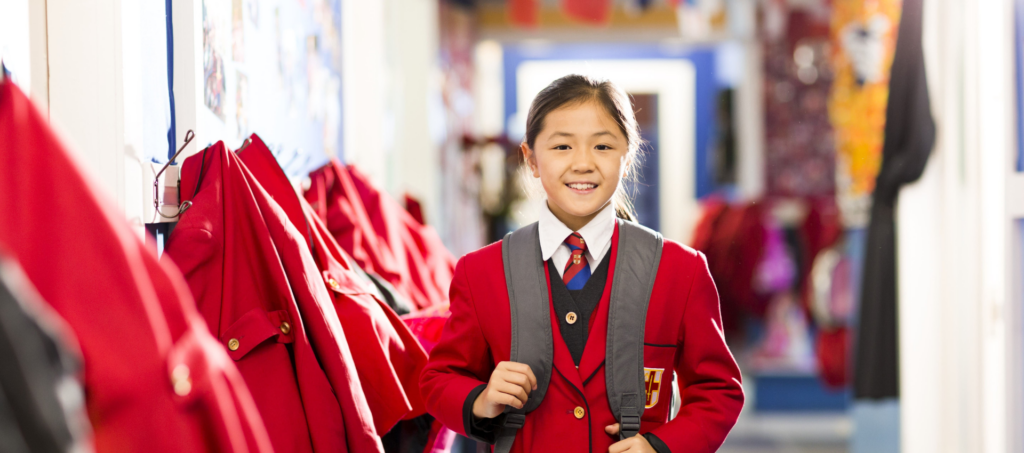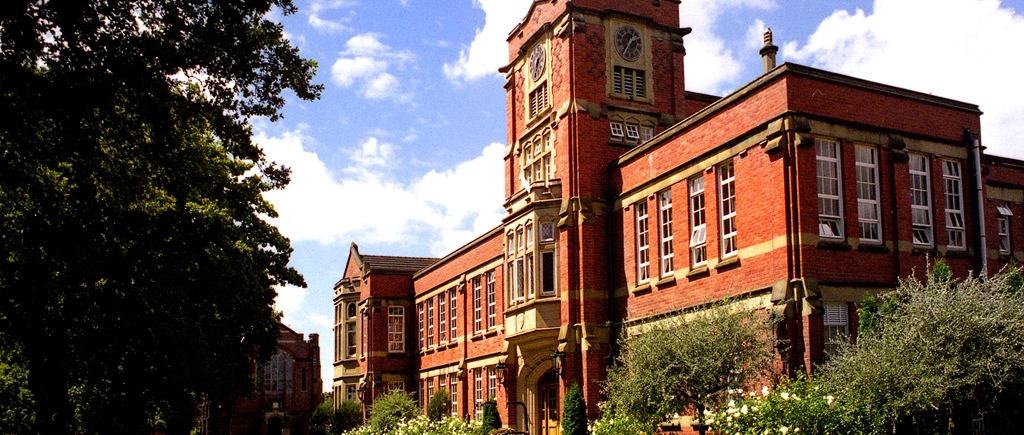Introduction
Studying abroad in a French secondary school can be a life-changing experience, providing students with a valuable opportunity to immerse themselves in a new culture and gain a global perspective. However, it is essential to have a clear understanding of the associated costs before embarking on this exciting journey. In this article, we will provide a comprehensive breakdown of the expenses involved in studying in a French secondary school.
Tuition Fees
One of the primary expenses when studying in a French secondary school is the tuition fees. These fees vary depending on the type of school and the region. Generally, private schools tend to have higher tuition fees compared to public schools. On average, the annual tuition fees range from 5,000 to 15,000 euros. It is important to note that some schools may also require an additional registration fee or deposit.
Living Expenses
Living expenses are another significant aspect to consider. These expenses include accommodation, meals, transportation, and personal expenses. The cost of accommodation varies depending on factors such as location, type of accommodation, and whether it is shared or private. On average, monthly rent for a shared apartment or student residence can range from 400 to 800 euros. Additionally, students should budget around 200 to 300 euros per month for meals and groceries. Public transportation costs can vary, but a monthly transportation pass typically costs around 30 to 50 euros. It is also crucial to allocate funds for personal expenses such as textbooks, stationery, and leisure activities.
Miscellaneous Expenses
Aside from tuition fees and living expenses, there are various miscellaneous expenses to consider. These include health insurance, visa fees, language proficiency exams, and extracurricular activities. Health insurance is mandatory for international students and can range from 200 to 500 euros per year, depending on the coverage. Visa fees also apply, and the cost will depend on the student’s nationality. Language proficiency exams, such as the DELF or DALF, may also be required, and the exam fees can range from 100 to 200 euros. Finally, participating in extracurricular activities or joining clubs may involve additional costs, such as membership fees or equipment expenses.
Conclusion
Studying in a French secondary school offers students a unique opportunity to broaden their horizons and develop valuable life skills. However, it is crucial to be aware of the financial implications involved. By considering the breakdown of costs, including tuition fees, living expenses, and miscellaneous expenses, students and their families can make informed decisions and plan accordingly. It is advisable to research scholarships, grants, and financial aid options that may be available to help alleviate some of the financial burden. With careful planning and budgeting, studying in a French secondary school can indeed be a rewarding and enriching experience.



